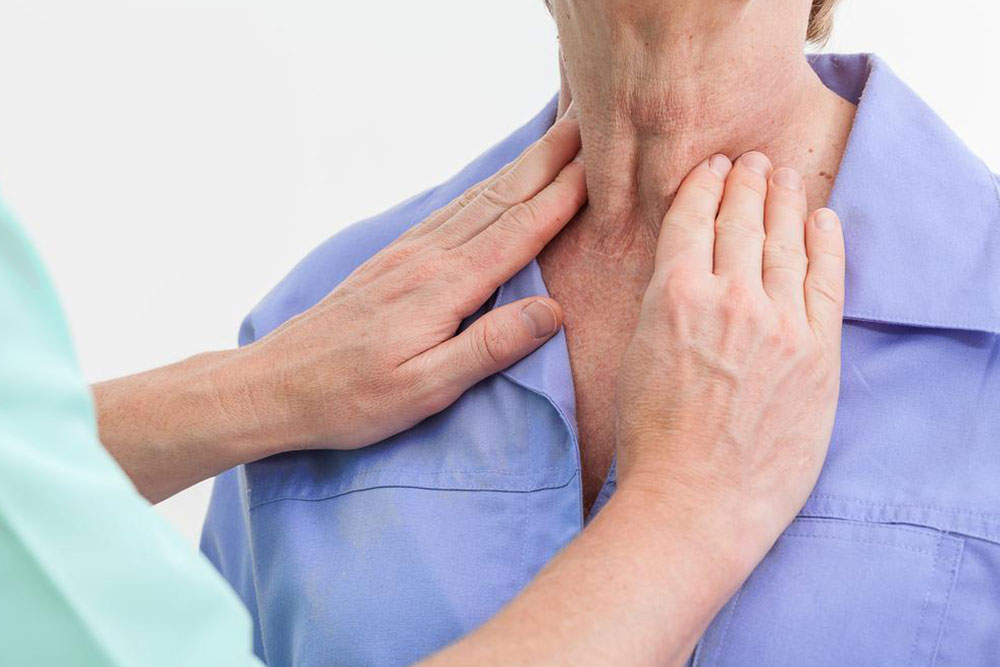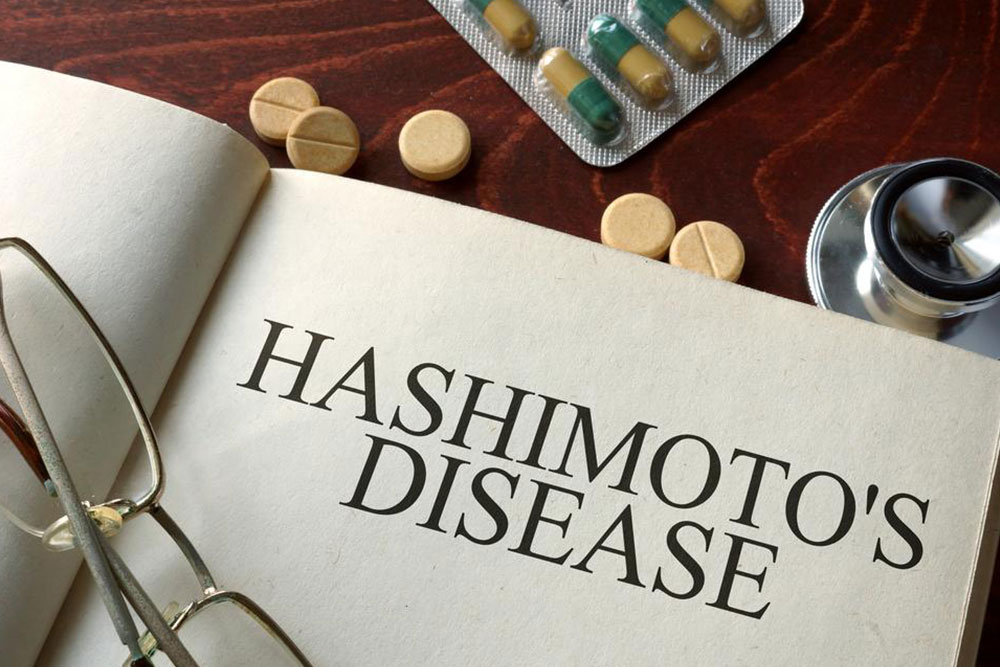Early Detection of Hypothyroidism: Key Symptoms to Watch For
Learn to identify early signs of hypothyroidism to seek timely medical care. This article highlights common symptoms, the importance of early diagnosis, and treatment options to manage thyroid health effectively, especially for women over 60. Regular screenings are recommended for early detection and preventing serious complications.

Millions of individuals worldwide are affected by thyroid conditions, with hypothyroidism being the most common form. This disorder occurs when the thyroid gland fails to produce sufficient hormones essential for maintaining overall health. While anyone can develop it, women over 60 are especially vulnerable.
Recognizing early indications of thyroid imbalance is crucial for effective intervention. In the initial phases, symptoms may be subtle and easily missed. If left untreated, hypothyroidism can cause severe problems like fertility issues, cardiovascular complications, weight gain, and joint pain.
Signs of Low Thyroid Function
Symptoms differ among individuals based on the severity and type of thyroid dysfunction. Some may not notice symptoms at first, but signs usually develop over time.
Common symptoms include:
Persistent fatigue
Constipation or digestive issues
Unexpected weight gain
Swelling in the face
High cholesterol levels
Dull, dry skin
Slow pulse
Feelings of anxiety or depression
Irregular menstrual cycles
Excessive hair loss
Hoarseness or voice changes
Feeling unusually cold
Stiff or swollen joints
Muscle discomfort
Memory lapses
Ignoring these early signs can escalate into serious health issues.
In rare, advanced cases known as myxedema, symptoms like breathing difficulties, low blood pressure, and body temperature drops may occur, which could be life-threatening and lead to coma. Women should consider regular thyroid screenings, especially during pregnancy. Diagnosis involves blood tests measuring hormone levels, and treatment typically consists of hormone replacement therapy with medications and supplements. Continuous monitoring helps adjust treatment for optimal results.
Important Reminder: The information provided here is for general educational purposes and not a substitute for professional medical advice. Always consult a healthcare expert for personalized diagnosis and treatment options. Keep in mind that treatments and protocols may vary; stay updated with medical guidance to ensure proper care.


